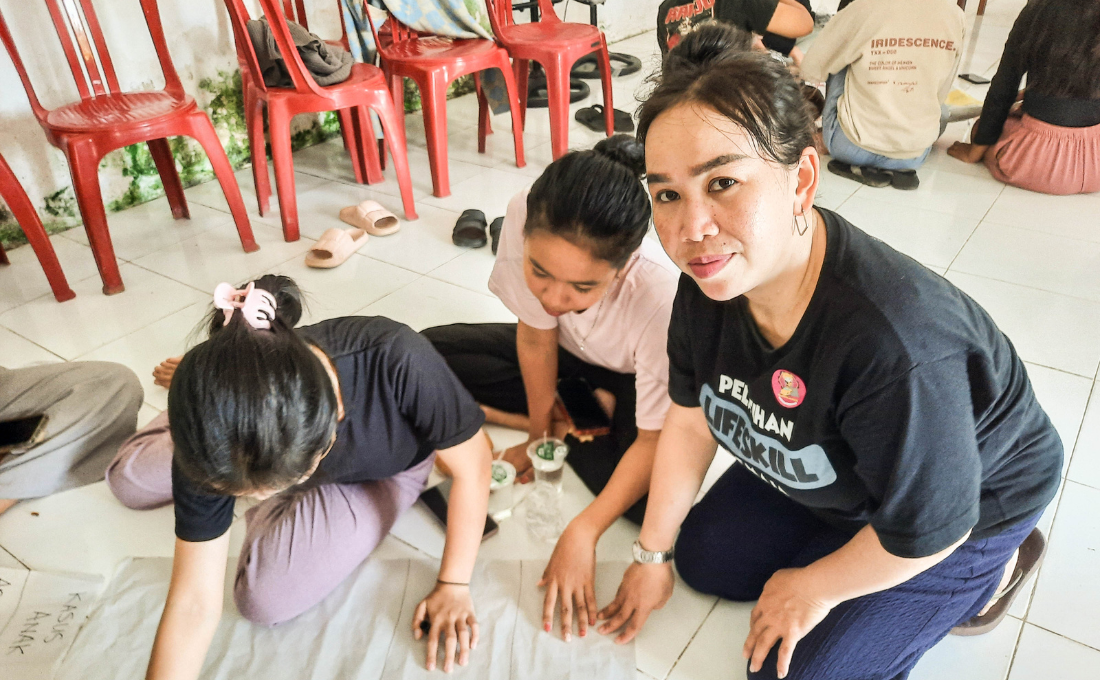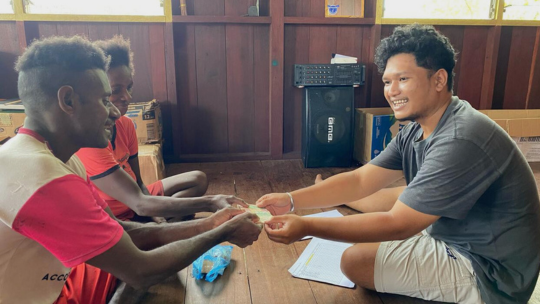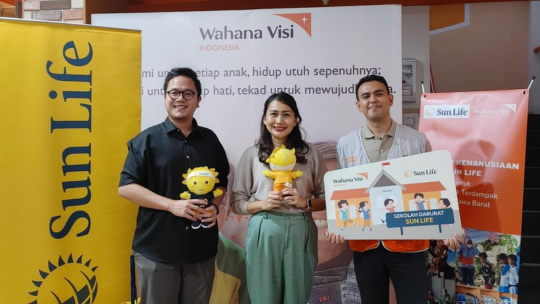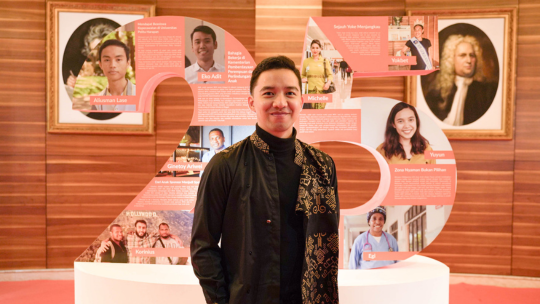Safe for the Whistleblower, Safe for the Child

Junita (51), a Community-Based Integrated Child Protection (PATBM) activist and Facilitator of Child Protection Mechanism Development in the village, sees the importance of villages having a child case reporting and referral mechanism so that all child cases in the village can be handled properly. "I see that there is still a high number of child cases occurring in the village but the handling is not optimal. Many cases occur but few are reported, this is because there is still no case reporting flow. So there are still many people who do not know how to report child cases that occur. There is also a sense of apprehension from the reporter for fear of being considered interfering in other people's affairs," said Junita.
Not only to ensure that cases can be reported properly, this mechanism also provides security for survivors and reporters. Based on Junita's experience in assisting cases of violence against children in the village, witnesses are often reluctant to report cases because they are worried about pressure from the perpetrator or the perpetrator's family. In fact, if more cases are reported, then more children can get the right assistance.
WVI and the KLA (Child Friendly District) Task Force from Landak District in West Kalimantan followed up on this need by facilitating training for facilitators in order to have the capacity to develop mechanisms aimed at protecting these children. The village where Junita lives was the first village to develop a mechanism that included children's aspirations. The village government, religious leaders, traditional leaders, health workers, and the community police chief also participated in the drafting process.
Dito, a member of the Village Children's Forum who took part in developing the mechanism, said, "We used to not know how to report these cases. After participating in the development of the case reporting and referral mechanism, we are now aware of the importance of taking care of ourselves. When we experience or find a violence against children case, we can report it directly to PATBM activists and there is also a number and reporting box that can help us report the cases safely,".
After the training, Junita will socialise the mechanism to all children and communities in the village. "My hope is that with the mechanism of reporting and referral of child cases socialised to the community, it can reduce the number of violence against children and if a child case occurs, it can be handled properly so that children get attention, are protected, and have their rights fulfilled," said Junita.
Author: Rista Matondang (Sponsorship Coordinator for Landak area programme in West Kalimantan)
Editor: Mariana Kurniawati (Communication Executive)



